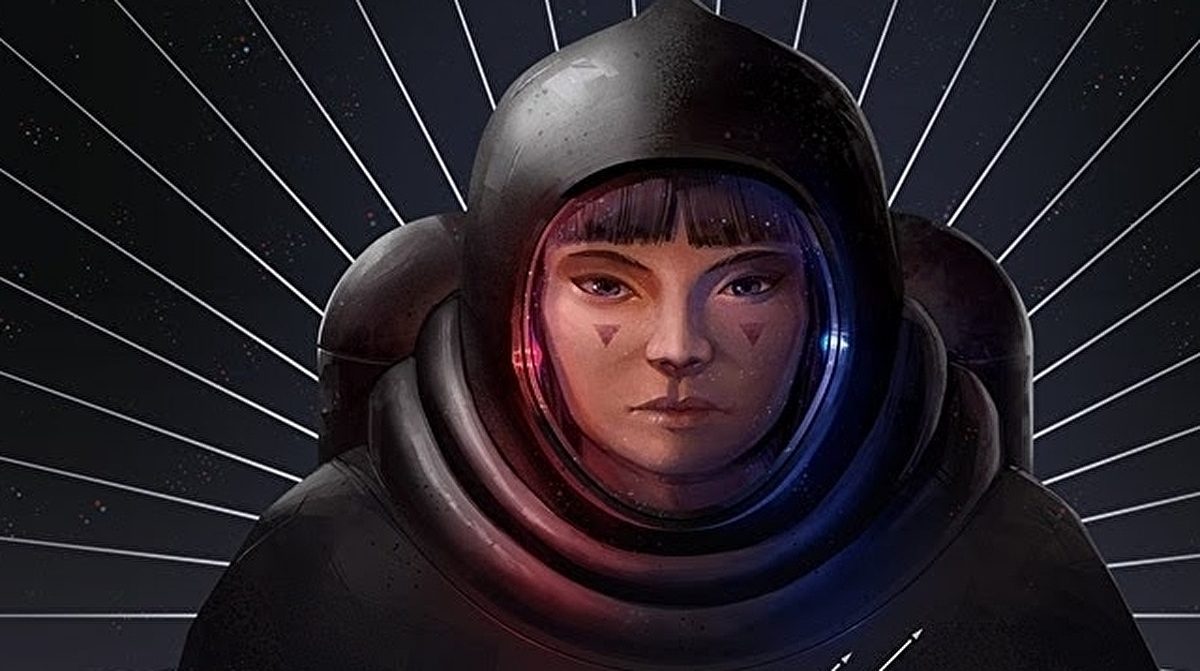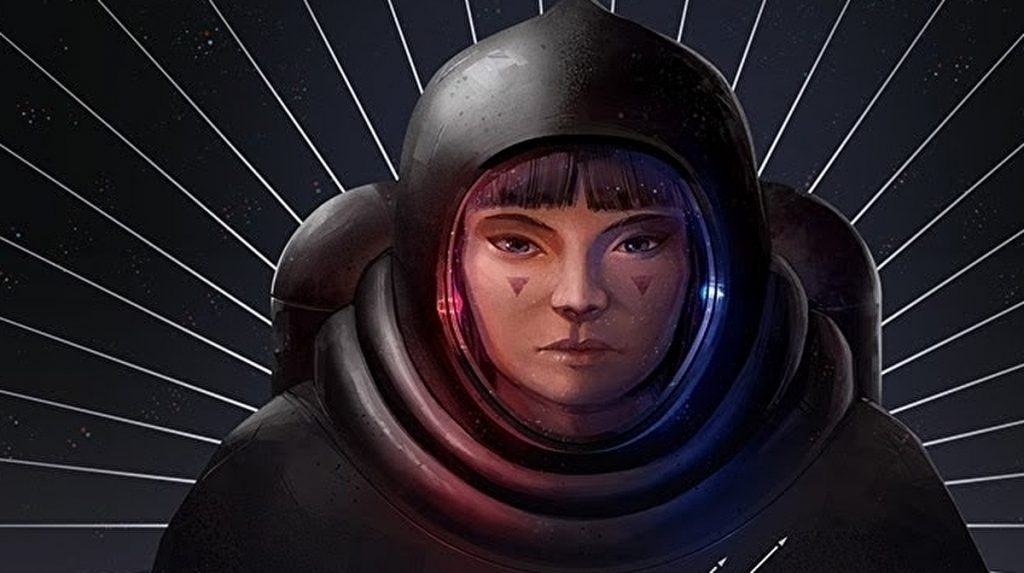
Over a decade since release, Superbrothers: Sword & Sworcery EP is still a game worth pondering for how it avoids being a game at all. One of the first breakout iPad titles, it exploits the platform's multimedia cachet to wander playfully and abrasively across boundaries between artforms, genres and technologies. On some level it is Zelda, the tale of a wanderer's accidental rousing of a skull-headed spectre that must be purged by collecting the pieces of a cosmic triangle. But it is also Twitter, with inner monologues filling a scrolling feed, and writing that walks a line between decadently self-important and goofing off about lore. It's a pixelart realm of winding paths and chiselled shadows, but also a self-mythologising prog rock album – there's an alternate dimension you access by flipping the phonograph disc on the title screen. It's a rhythm game, too, with puzzles that evoke Garage Band and boss fights that recall the UFO DJ dialogues of Close Encounters of the Third Kind. It's many different, ill-matched things, but it always feels complete, thanks not least to Jim Guthrie's chirpy yet fathomless electronic score.
Superbrothers' long-awaited second game, by contrast, is always shaking itself apart. A tale of new beginnings that mixes Star Fox with Tacoma, Jett: The Far Shore has marvellous ideas and a few moments of brilliance, but the moving parts interfere with each other constantly. It's a work of useful vision in the age of Elon Musk, positing a non-Western, non-capitalist space programme in which religion and science hold equal sway. Its world-building is unmatched – there's a voiced language of the developer's own invention, subtitled in whimsical, mannered English (to give you a taster, impacts are "wallops", dangers are "shuddersome", and falling unconscious is "going adrift"). But as stories about settling other planets go, it's curiously devoid of things to say beyond broaching the risk of Doing an Imperialism, and its key takeaways are blunted by the sheer aggravation of playing.
